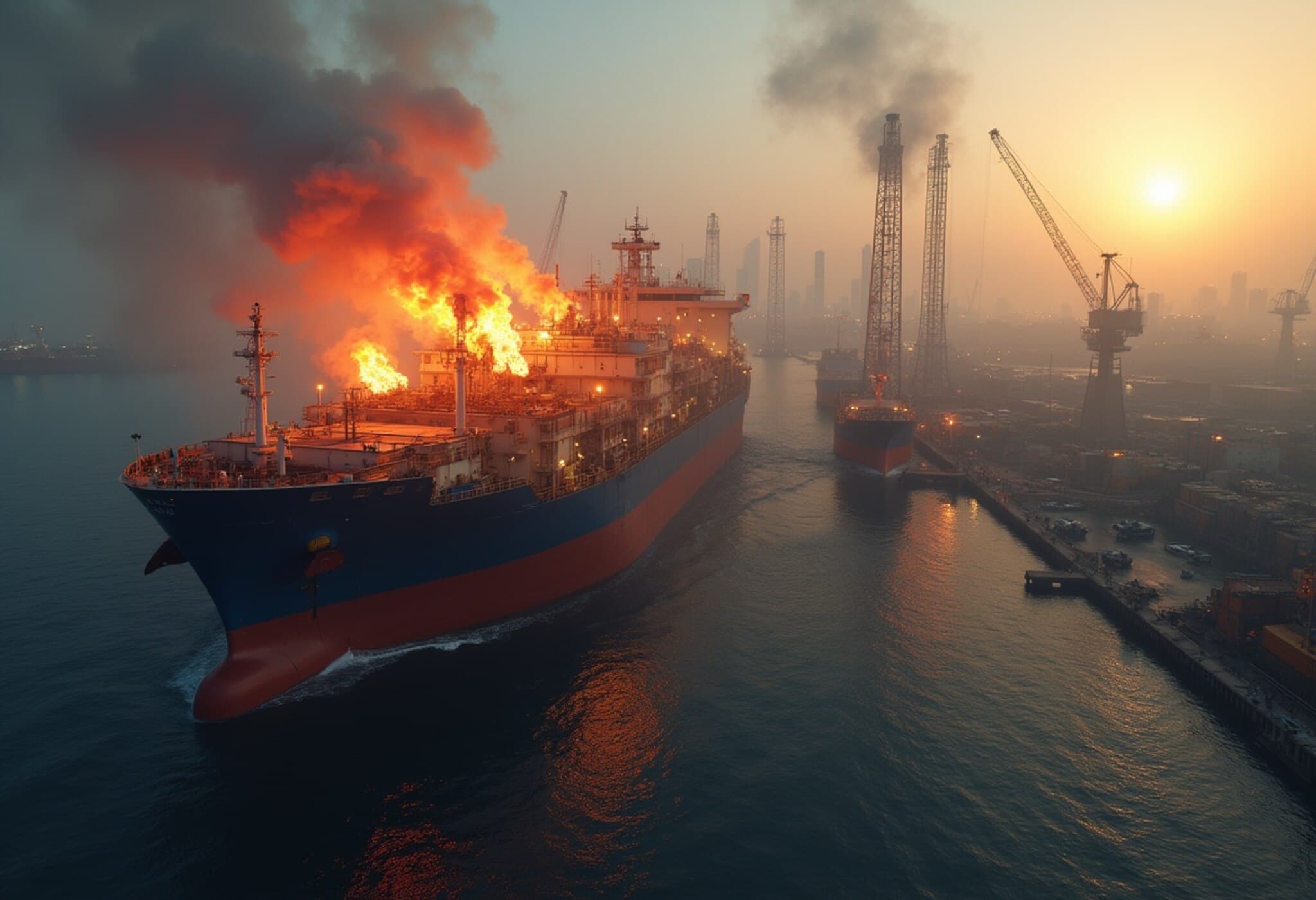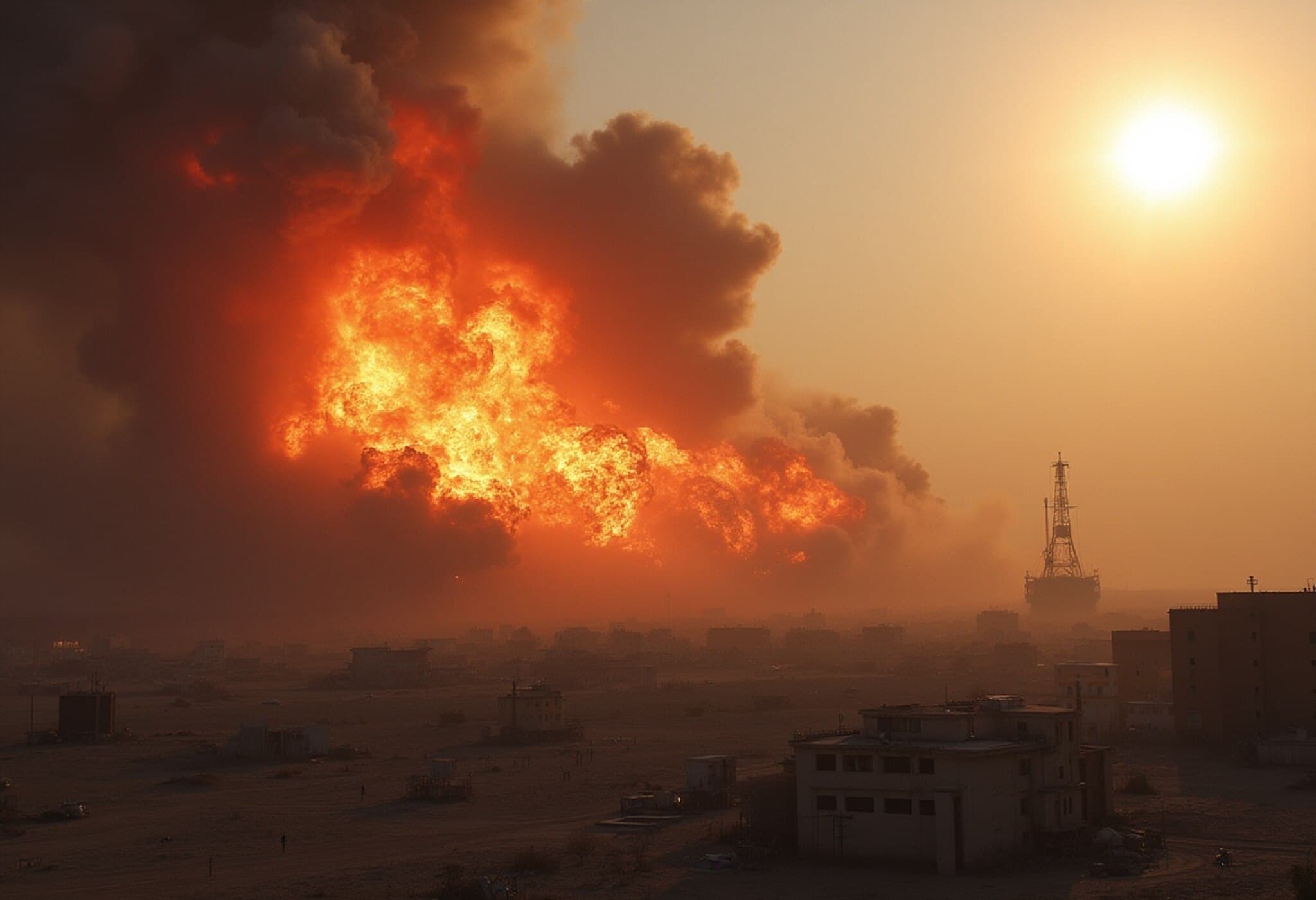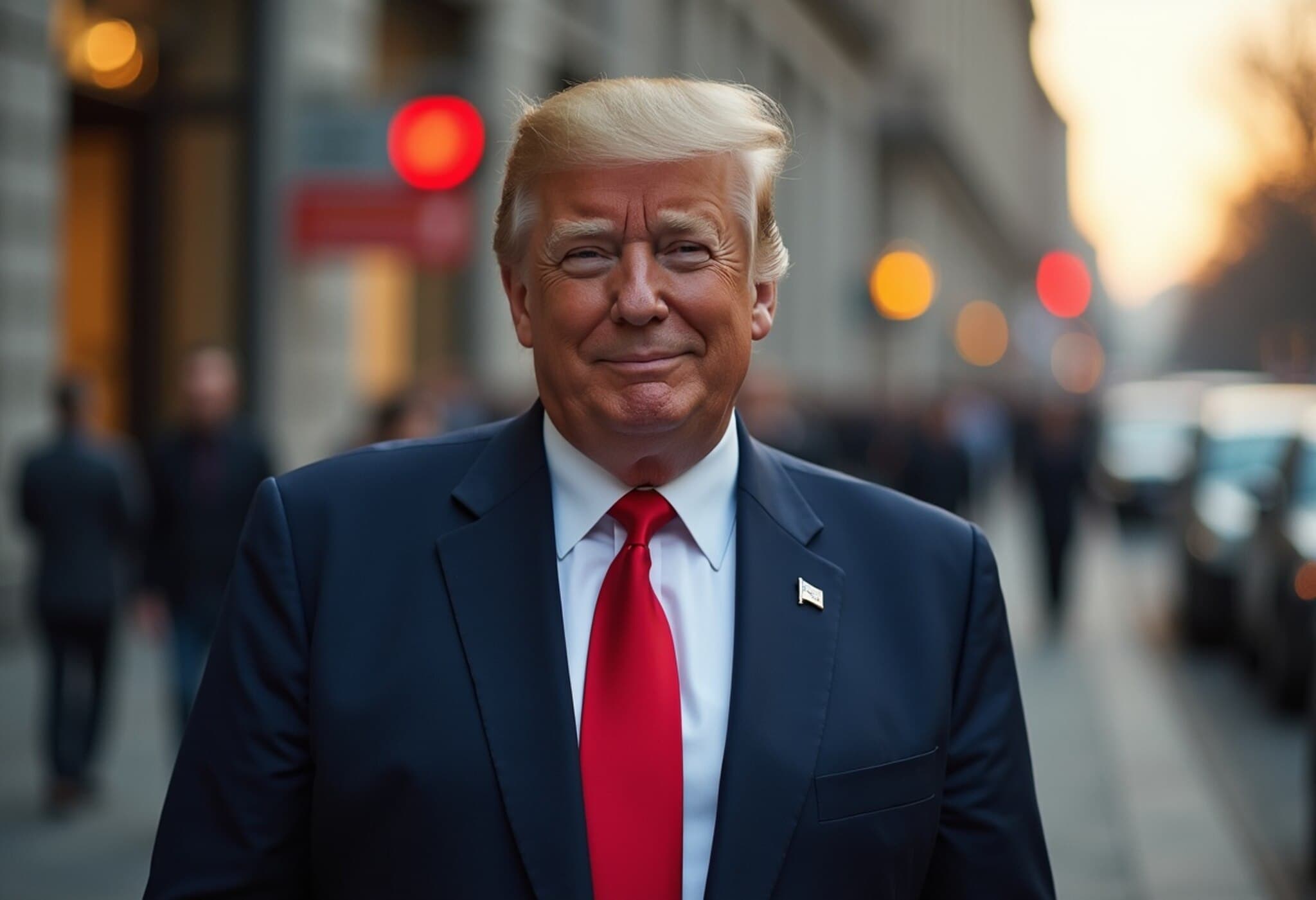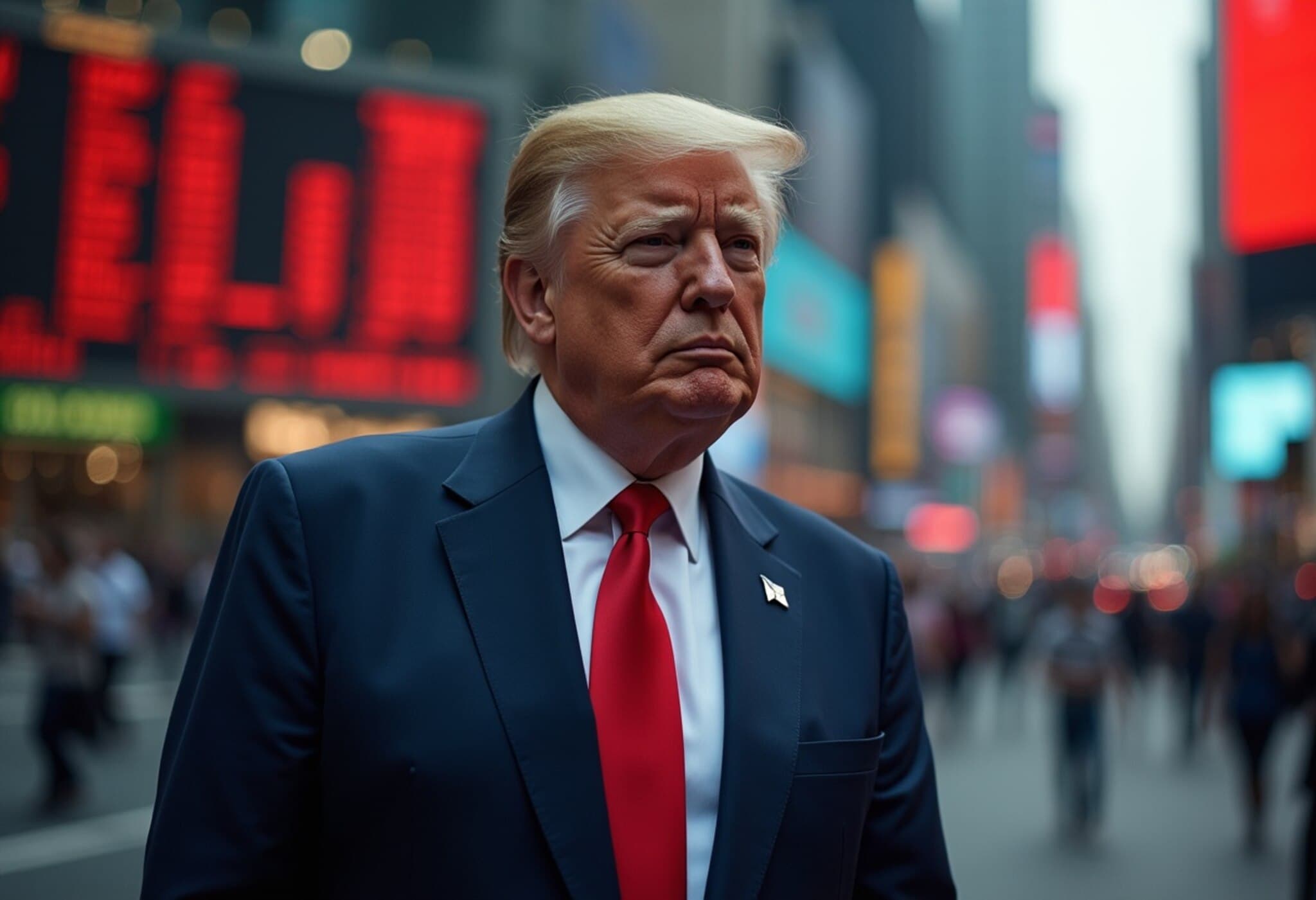US Imposes Sanctions on Six Indian Companies for Trading Iranian Oil
In a decisive move reflecting its intensified economic pressure on Tehran, the US Department of State has sanctioned six Indian companies accused of illicitly engaging in the trade of Iranian petroleum and petrochemical products. This action, announced on July 31, 2025, forms part of a broader clampdown on global entities circumventing Washington’s stringent sanctions against Iran’s energy sector.
Expanded Sanctions Targeting 20 Entities Worldwide
The recent sanctions sweep includes 20 entities worldwide, ranging from brokers and shipping companies to intermediaries, all allegedly facilitating Iranian oil exports despite US-imposed restrictions. In addition to the Indian firms, the US Department of State identified 10 vessels as blocked property under Executive Order 13846, which reintroduced comprehensive sanctions linked to Iran’s petroleum industry.
Indian Firms Caught in the Crosshairs
The Indian companies named in the sanctions are:
- Kanchan Polymers
- Alchemical Solutions Pvt. Ltd.
- Ramniklal S. Gosalia and Company
- Jupiter Dye Chem Pvt. Ltd.
- Global Industrial Chemicals Ltd.
- Persistent Petrochem Pvt. Ltd.
These firms are alleged to have knowingly participated in transactions involving Iranian petroleum, contravening US laws aimed at curbing Iran’s access to critical revenue streams.
Geopolitical Context and US Objectives
The US has consistently framed its sanctions as efforts to curb the Iranian regime’s support for destabilizing activities across the Middle East, including backing for militant groups and its contested nuclear ambitions. According to the State Department’s statement, the sanctions aim to stem the flow of funds fueling terrorism and human rights abuses within Iran.
This development follows President Donald Trump’s renewed focus on India’s engagement with Iran, underscoring tensions in US-India relations concerning compliance with American foreign policy directives.
Industry and Policy Implications
India, as one of the world’s largest importers of crude oil—often seeking alternatives amid supply volatility—faces a challenging balancing act between its energy security needs and adherence to international sanctions frameworks primarily driven by US policy.
Experts observe that such sanctions may:
- Disrupt the supply chains and raise costs for Indian companies involved in petroleum imports.
- Complicate diplomatic ties between India and the US, as the two nations navigate competing strategic priorities.
- Highlight the need for Indian firms to exercise enhanced due diligence and compliance protocols to avoid punitive measures from international regulators.
Broader Global Impact
This sanction wave comes amid ongoing global debates about the efficacy and humanitarian impact of unilateral sanctions, especially regarding countries like Iran, where economic pressures often trigger political and social consequences beyond the intended targets.
For the Indian business community, this move serves as a critical reminder of the complexities entwined in international trade under evolving geopolitical landscapes.
Editor’s Note
While the US sanctions spotlight specific Indian companies, they also raise larger questions about the geopolitical tug-of-war influencing global commerce and diplomacy. How will India balance its energy demands with its international relations? Will compliance pressures reshape Indian corporate strategies? These remain pressing issues as US-Iran tensions persist, and global markets adjust in response.



















